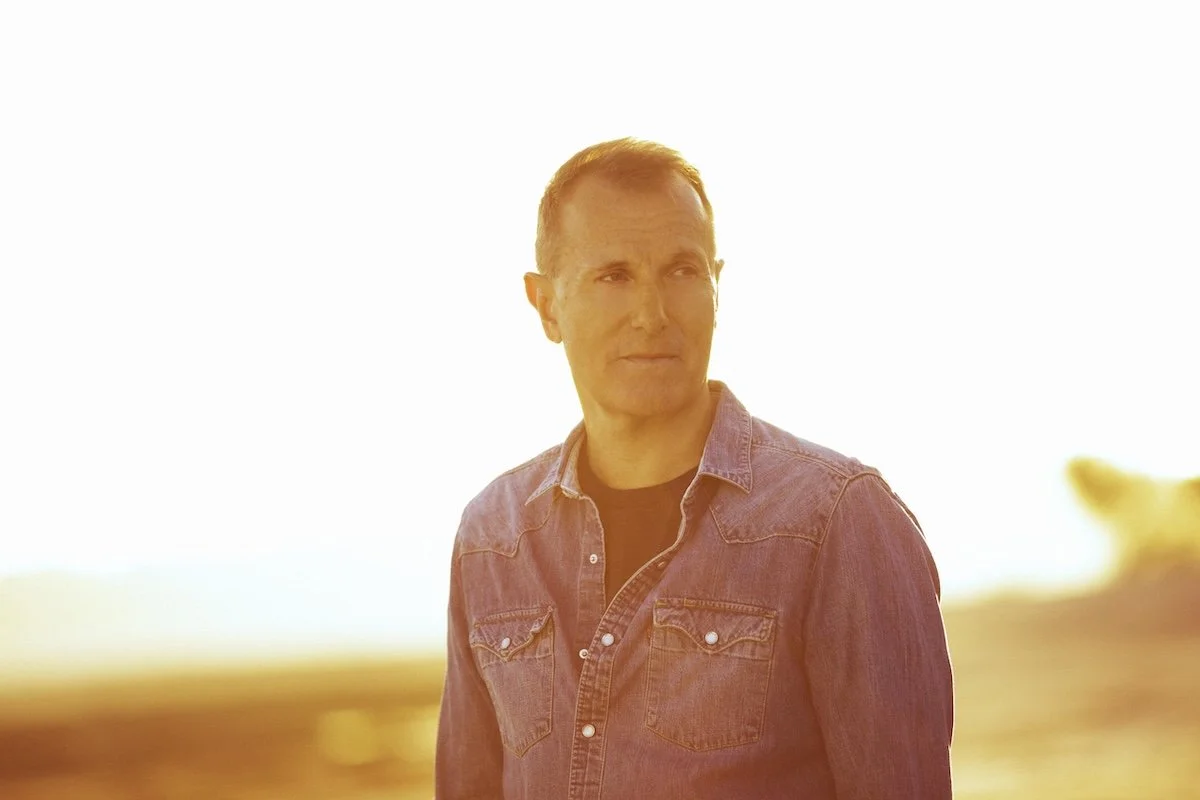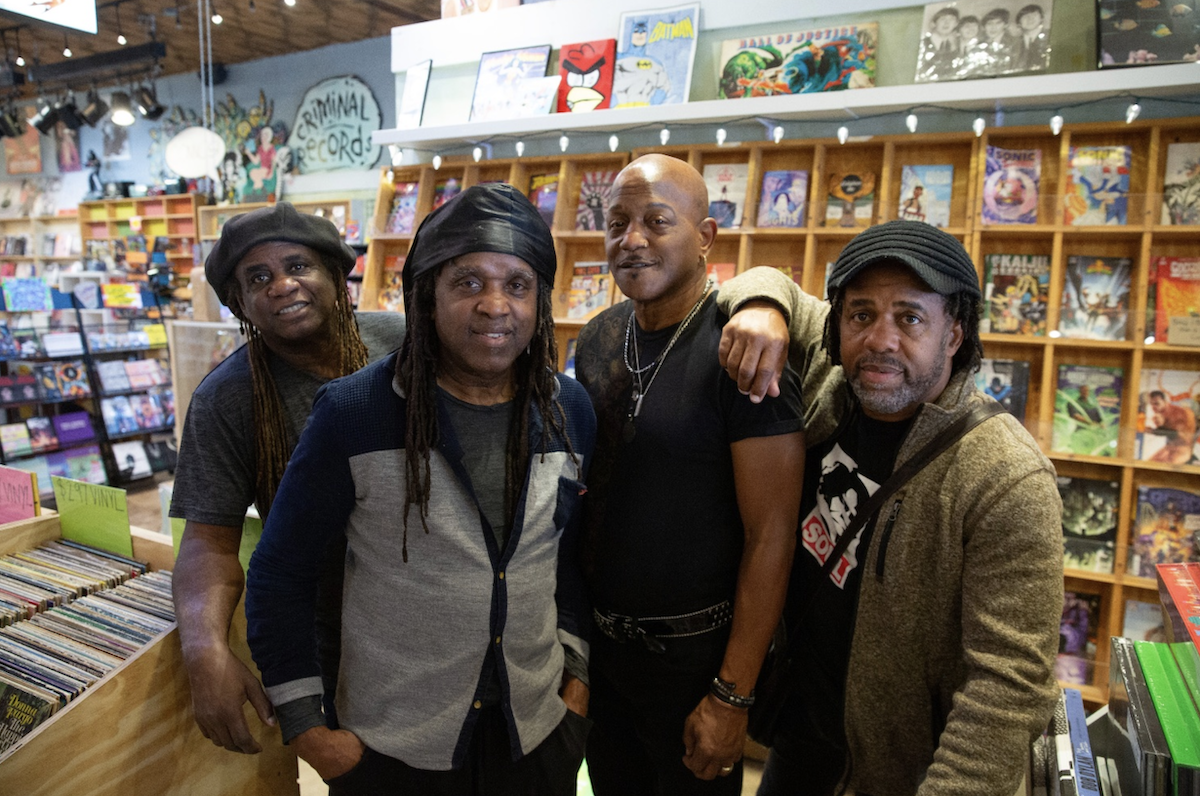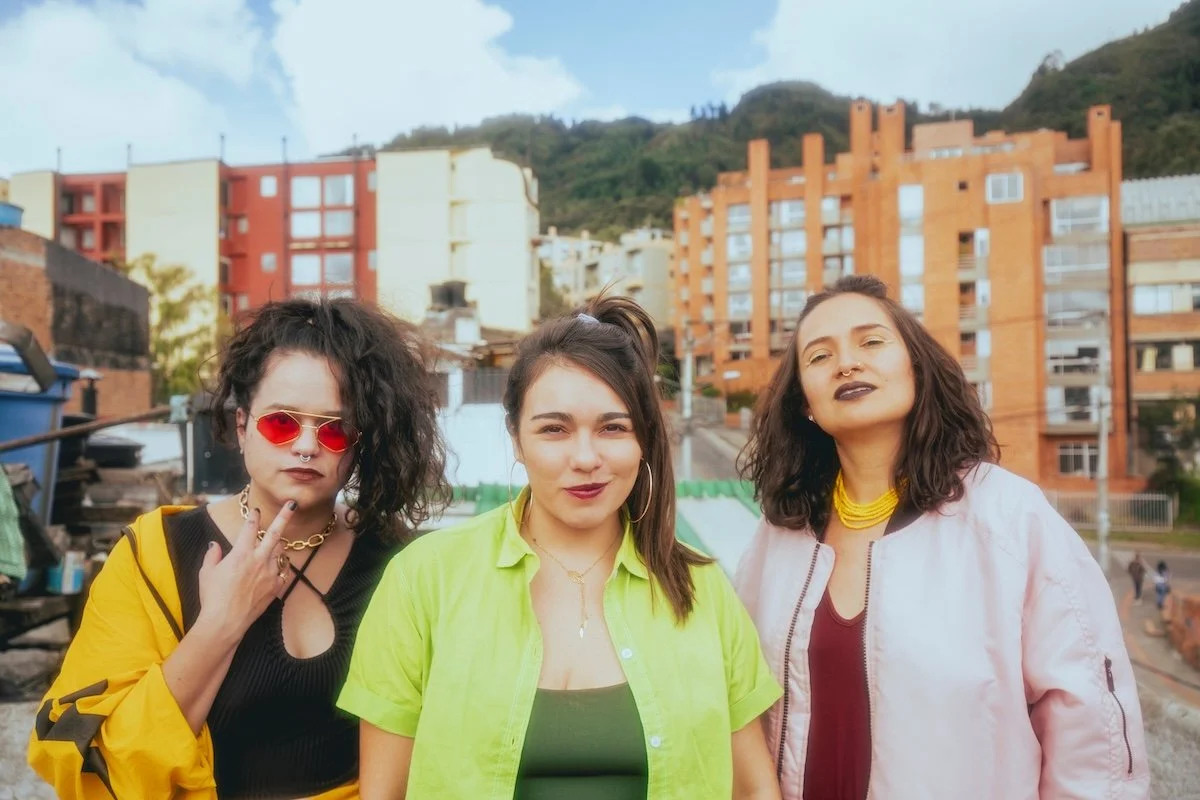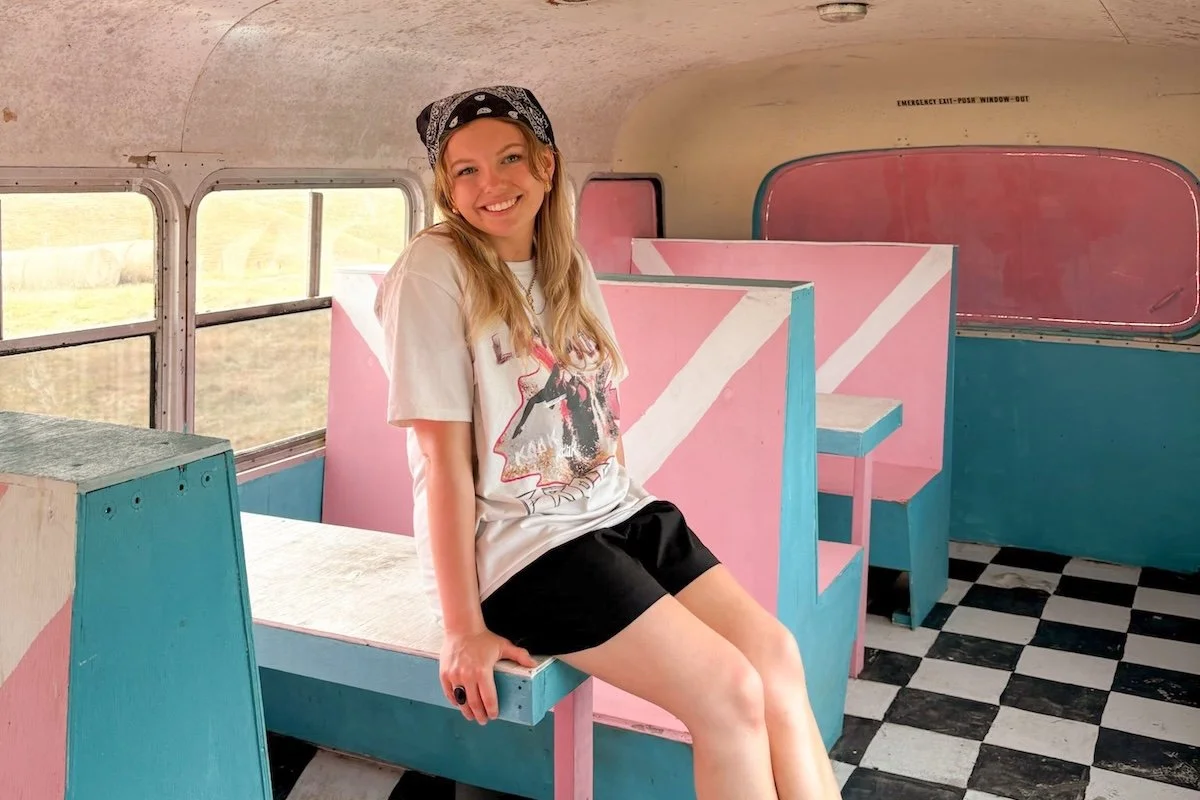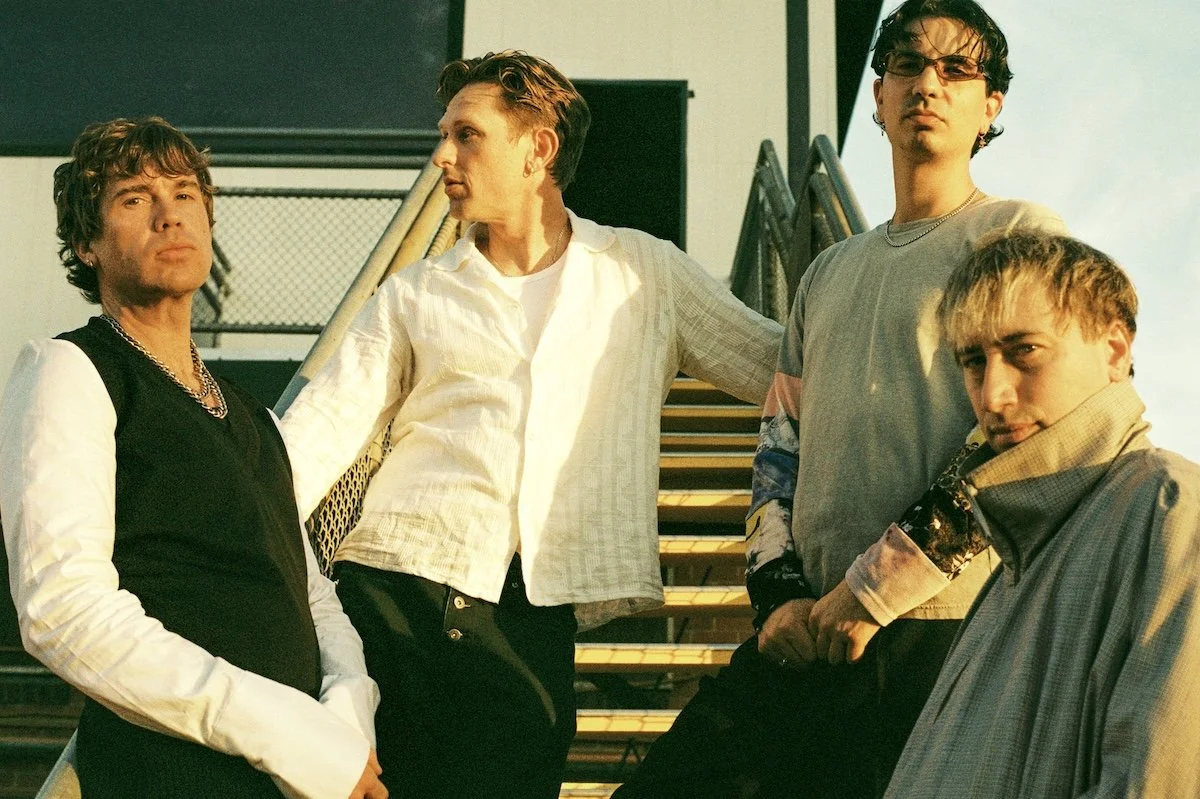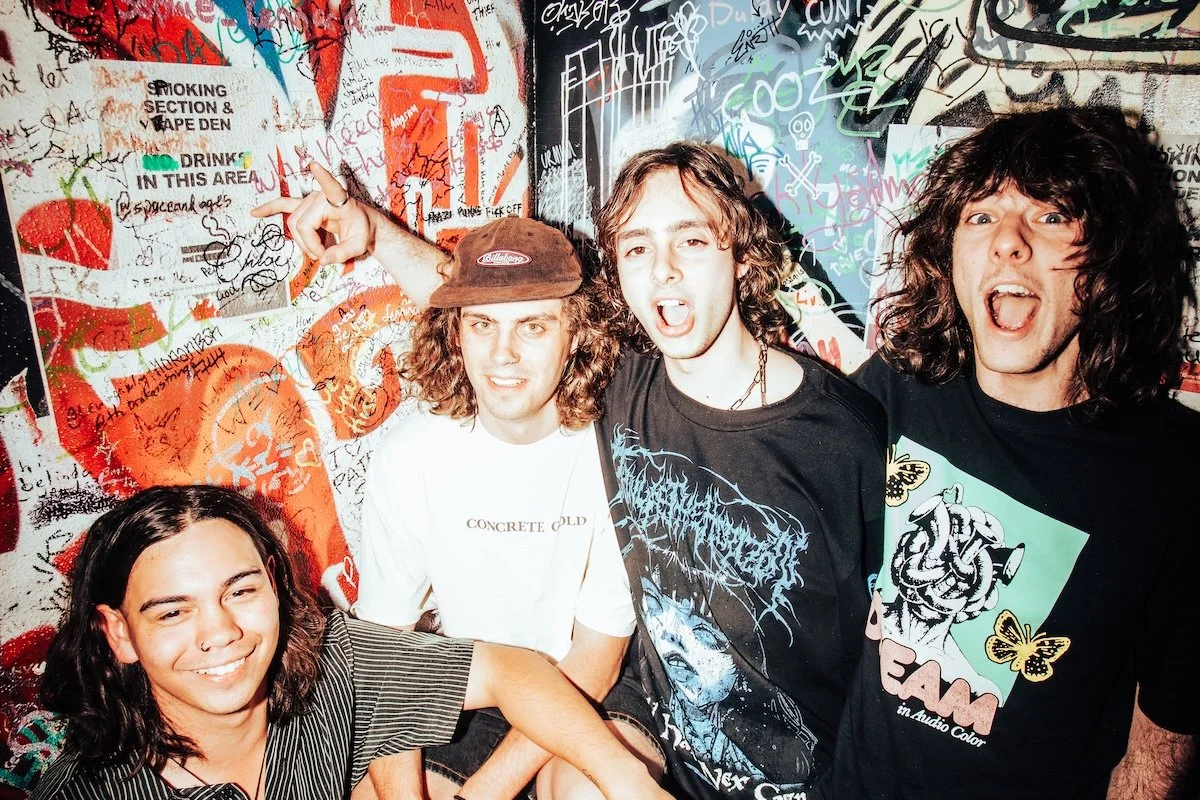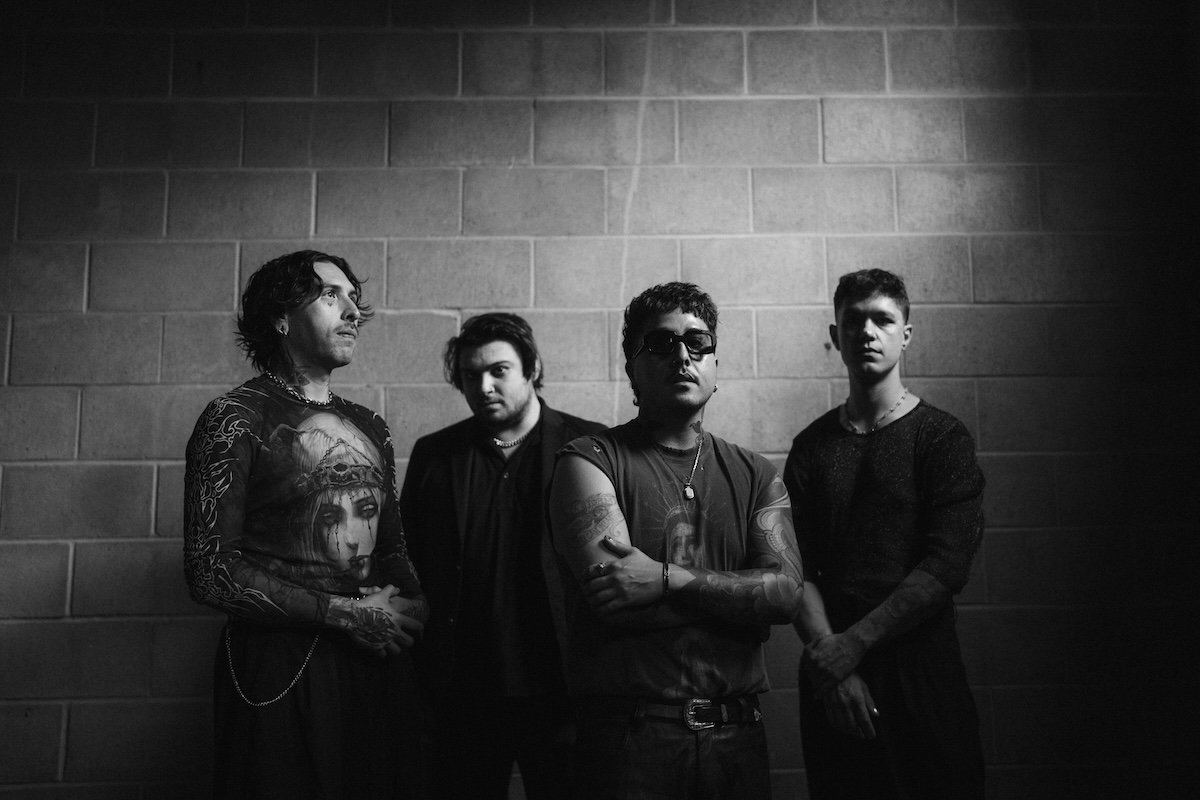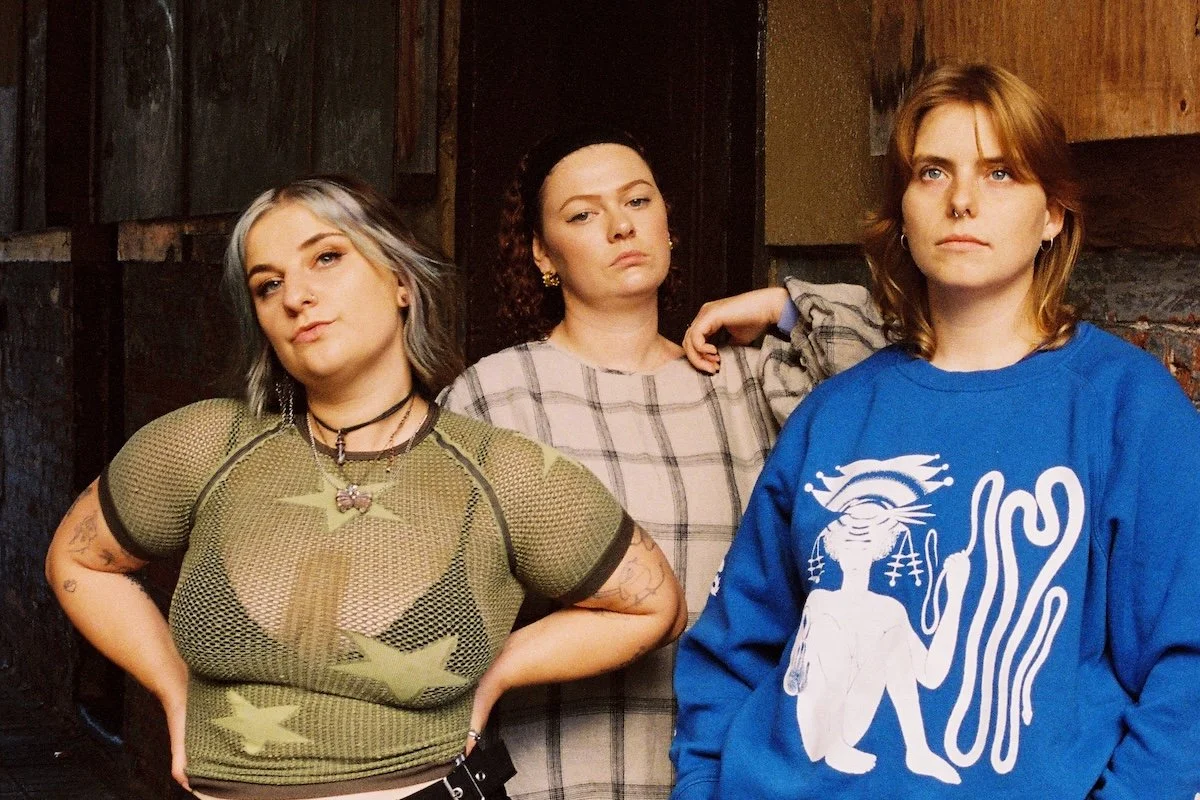Grace Petrie: Building a Better Future
Music has always been a vehicle for change. And for UK-based, political folk powerhouse Grace Petrie, her anger towards the systems that inflict pain on the world is at its most powerful in song. But there’s hope for the future, too. Here, the artist unpacks her Australian tour and how her latest album inspires us to Build Something Better.
Interview by Tobias Handke | Image by Fraser West
Congratulations on the new album Build Something Better! What was your motivation behind the album?
I was looking around a country that I felt had been completely decimated. I was looking around at a planet utterly abandoned and ravaged for profit. I was seeing human needs be ignored because it benefits the political establishment to have us divided rather than united.
I had this maelstrom of negative feelings and I said to my fiancé, ‘I don’t know if I can put this stuff on a record because it’s so negative.’ All I want to say is how badly I think things are broken. And she said, ‘You’re not the only person who feels like that. Other people want to feel like they’re not alone.’
The folks I’ve spoken to at shows have told me [the album has] this overwhelming sense of ‘It’s not just me.’ And that’s how I felt writing it. It was just me, looking out on the world and going, ‘It’s not just me [who] thinks this is fucked.’
Your sixth studio album, Connectivity (2021), peaked at No.2 on the independent album chart. It was also your first record that broke into the UK Top 40. Was there pressure to match its success on Build Something Better?
I have to try and put that type of stuff out of my head. It’s impossible to be in a confessional place if you’re thinking constantly about how it’ll be received. It took me three years to write this album. At times, it felt like pulling teeth. But you know, I did feel like it was a labour of self-comfort and self-therapy. I was lucky that when I finished writing it, I was working with Frank Turner, who produced the album. He’s a fantastic producer and amazing songwriter. He took the raw bones of those songs and turned them into things so much better than I could have possibly imagined.
It must have been a joy to work with him on the album…
I genuinely had a great time recording with him. He works quite swiftly. It was a case of two takes and him going, ‘I think you’ve got it, we’re gonna move on.’ I really appreciated that. I think one of the things about being a so-called ‘protest singer’ is you do [feel] this sense of urgency. This stuff might age. This material might stop being relevant next week or month. I need to get it out right now because it might not be true for very long. So I, think we worked really well together in that respect.
READ MORE: Angie McMahon’s Saturn Return
The penultimate track, ‘Fixer Upper’, really resonated with us. There’s an underlying sentiment of hope throughout it. Do you think there’s a light at the end of the tunnel?
I do, and I’m glad it came through because sometimes when I listen back to the record, I don’t pull any punches with how depressed I am about the state of the world. I wrote ‘Fixer Upper’ after I read a poem by Maggie Smith called ‘Good Bones’. It’s an incredible piece of writing about trying to sell your children the world even though you know it’s maybe not a great product. It ends with the line: ‘This place could be beautiful, right? You could make this place beautiful.’ It just got me. It still gets me. I read it, started crying, picked up a guitar and wrote the song immediately.
I think better times are possible, but they are not inevitable. They require engagement, work, investment, collaboration, solidarity and community. But if we have those things, then I believe hope is possible. That’s what I’m trying to say more broadly with the album.
You’ve been an independent artist for close to 20 years. How have you seen the industry evolve?
Things have changed so much. I look at people who are coming up and they aren’t able to follow the path that I did. I [used] Myspace and then Bandcamp to self-publish and build this audience.
The appetite for buying music – of any kind – has completely disappeared. If we turn music into a pastime for people with expendable wealth, we’ll see only one type of songwriting narrative represented. [We’d lose] marginalised voices from music first [and they] tend to be the independent ones. It’s very important to defend DIY pathways in music. I see my job as trying to forge connections for younger artists coming through after me [so] the ladder doesn’t totally disappear behind me.
You’re back in Australia this September and October. What should we expect from your tour?
I’ll be bringing my bandmate, [Ben] Moss. He’s going to be playing all kinds of things with me. He’s a wonderful fiddle, mandolin and banjo player! I always try to stick him in my suitcase when I can. It’s my first headline tour of Australia since the beginning of 2023. I’m stoked for it.
Grab a copy of Build Something Better here.



